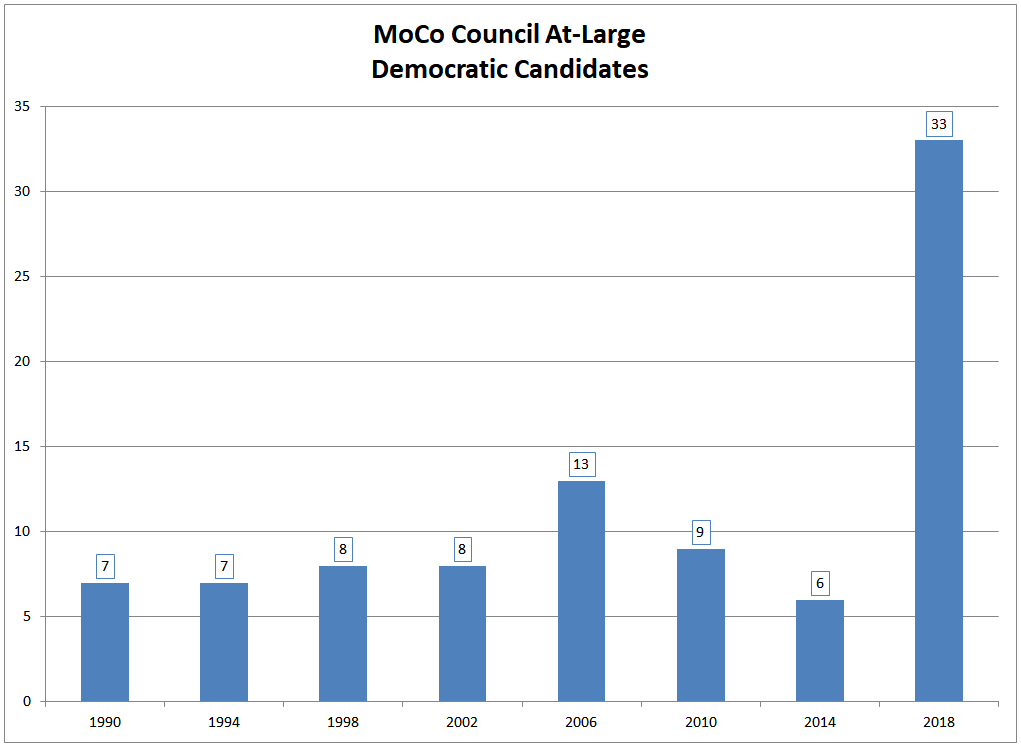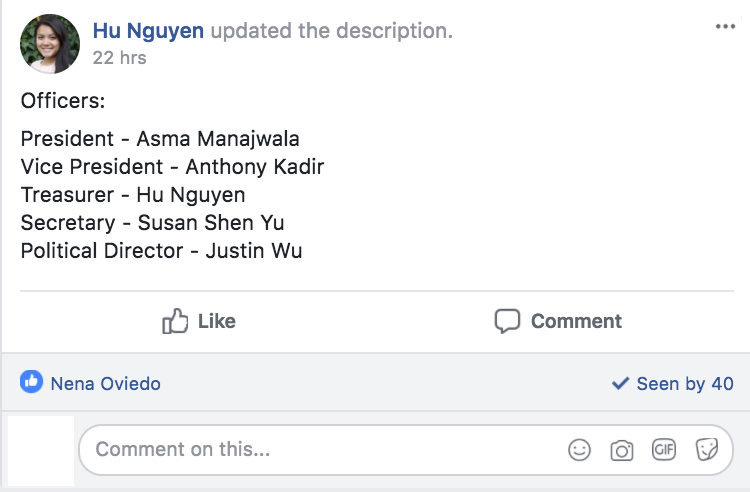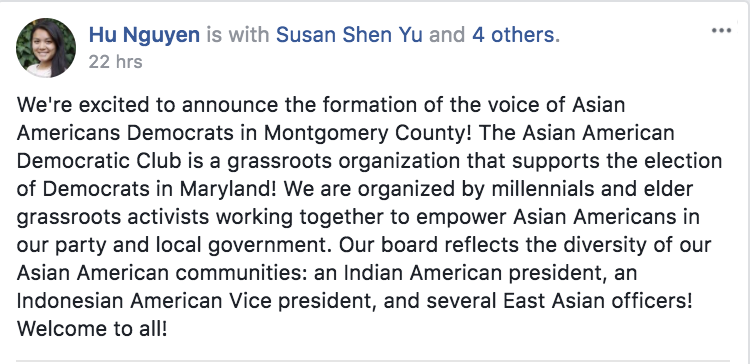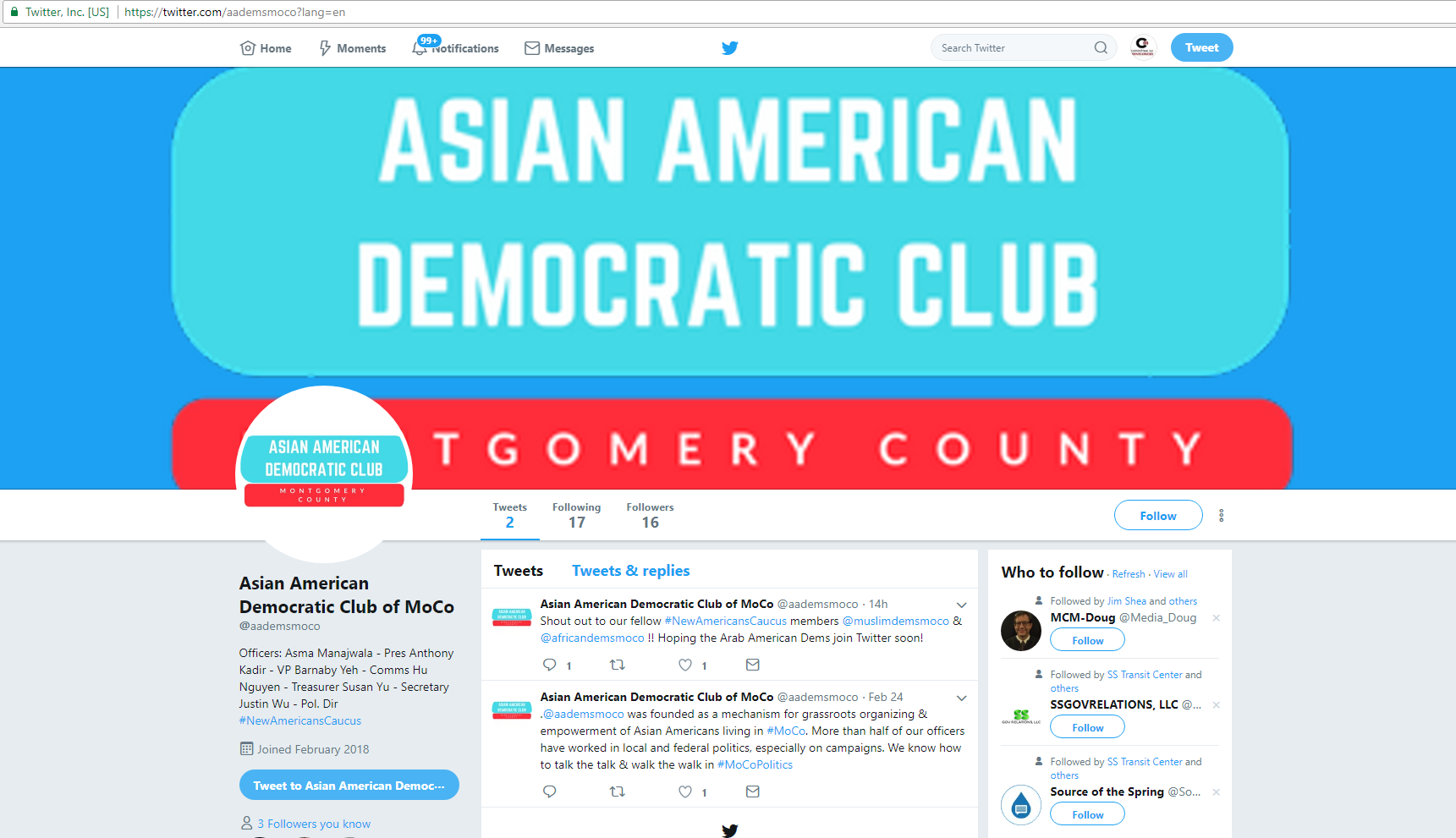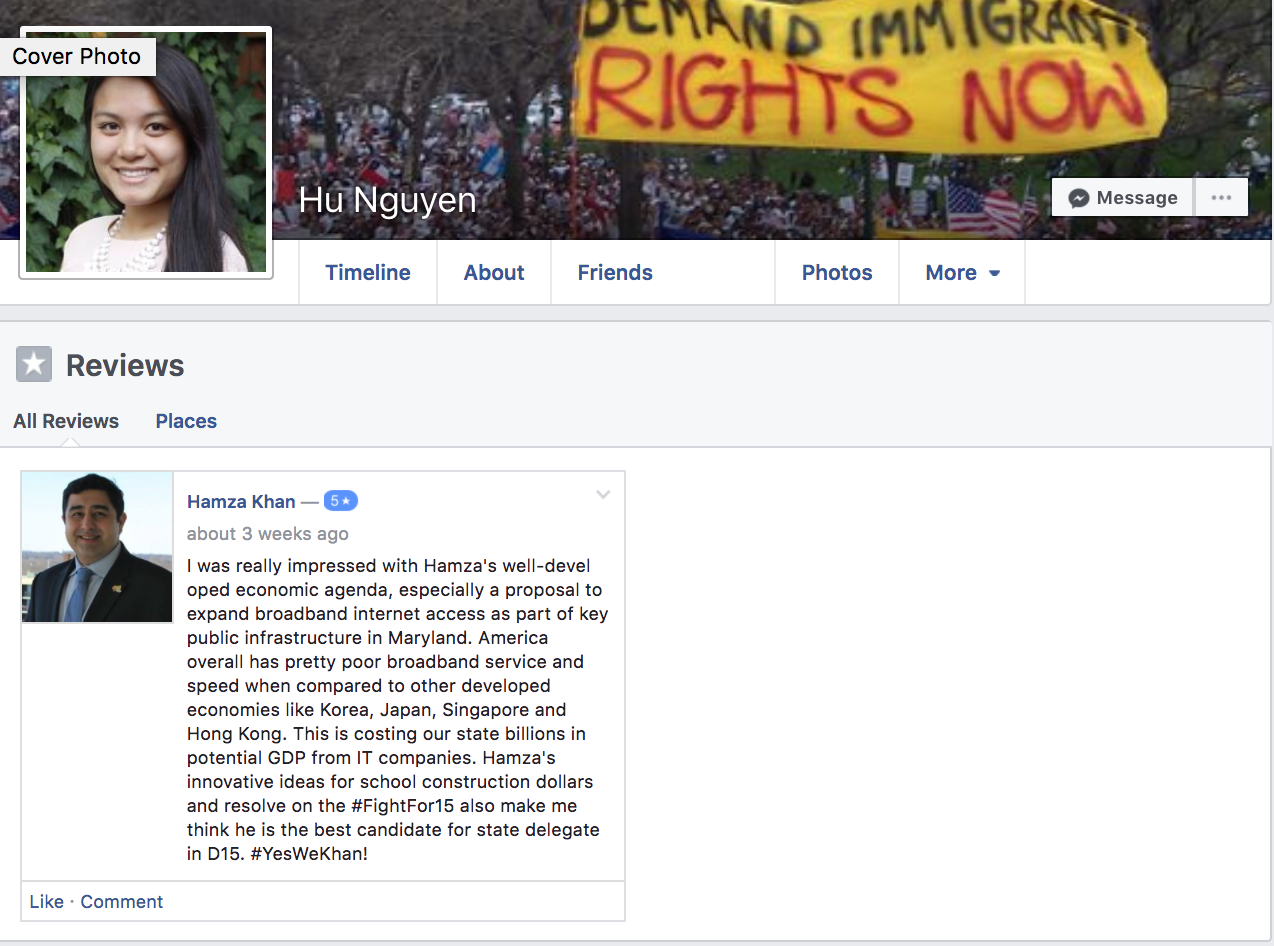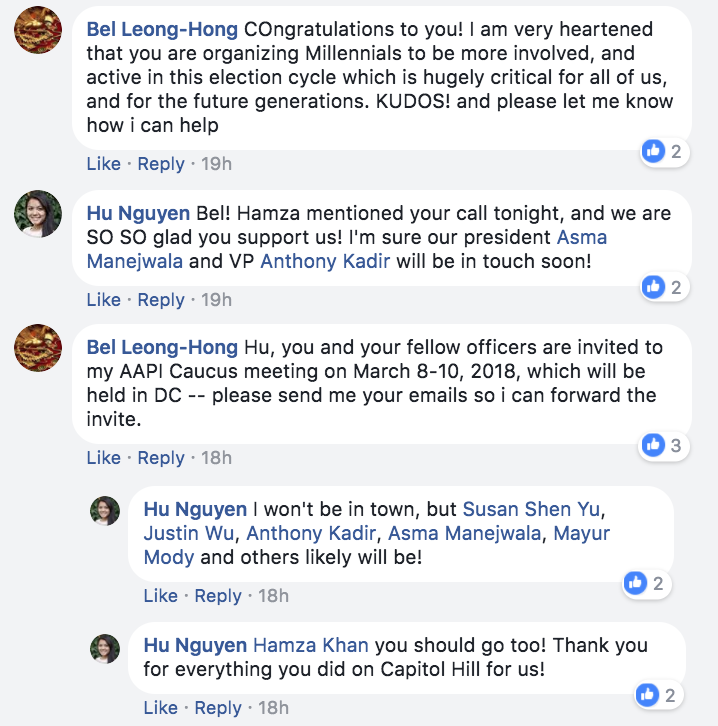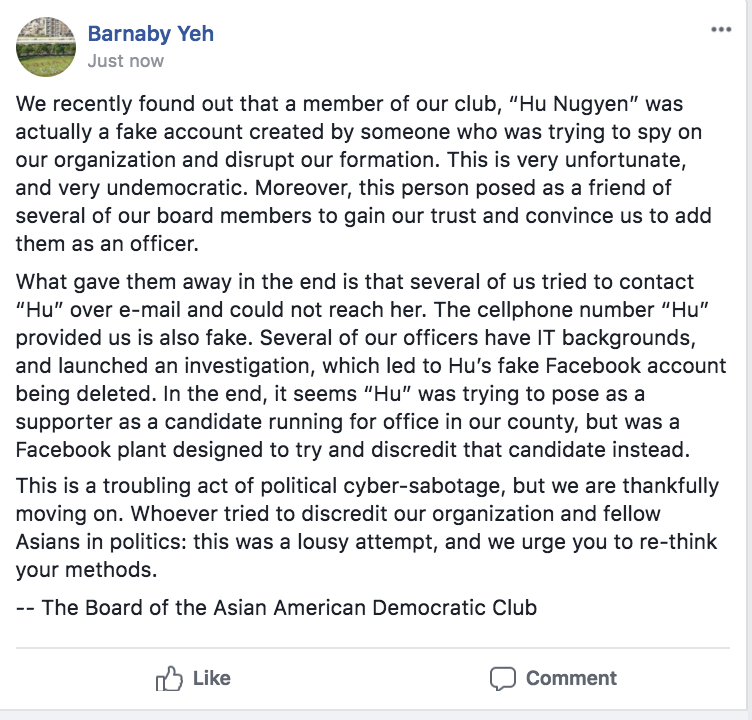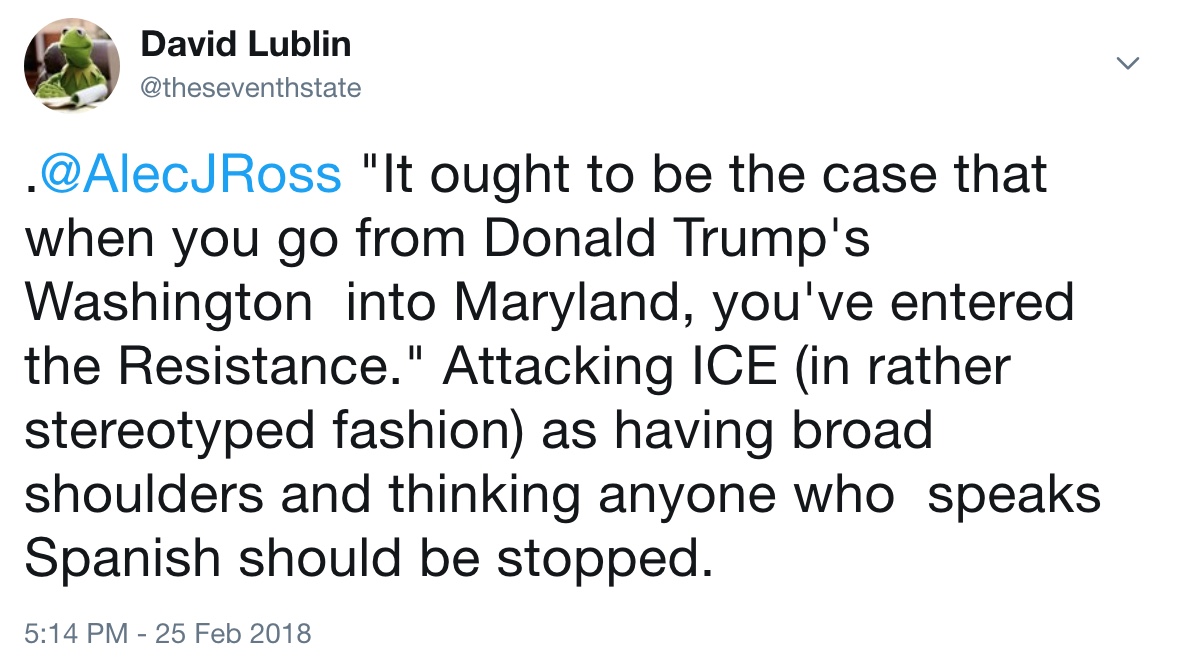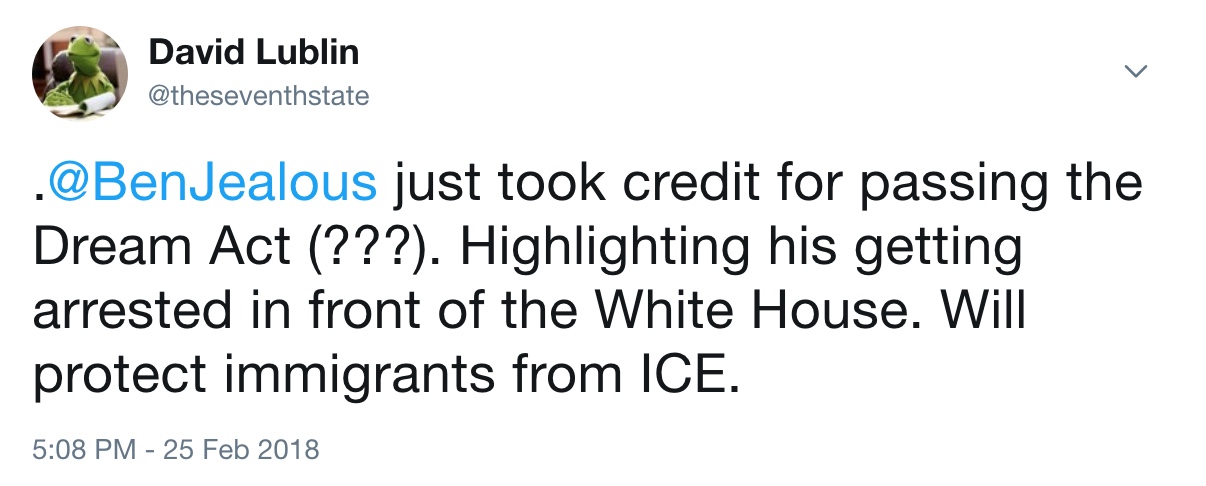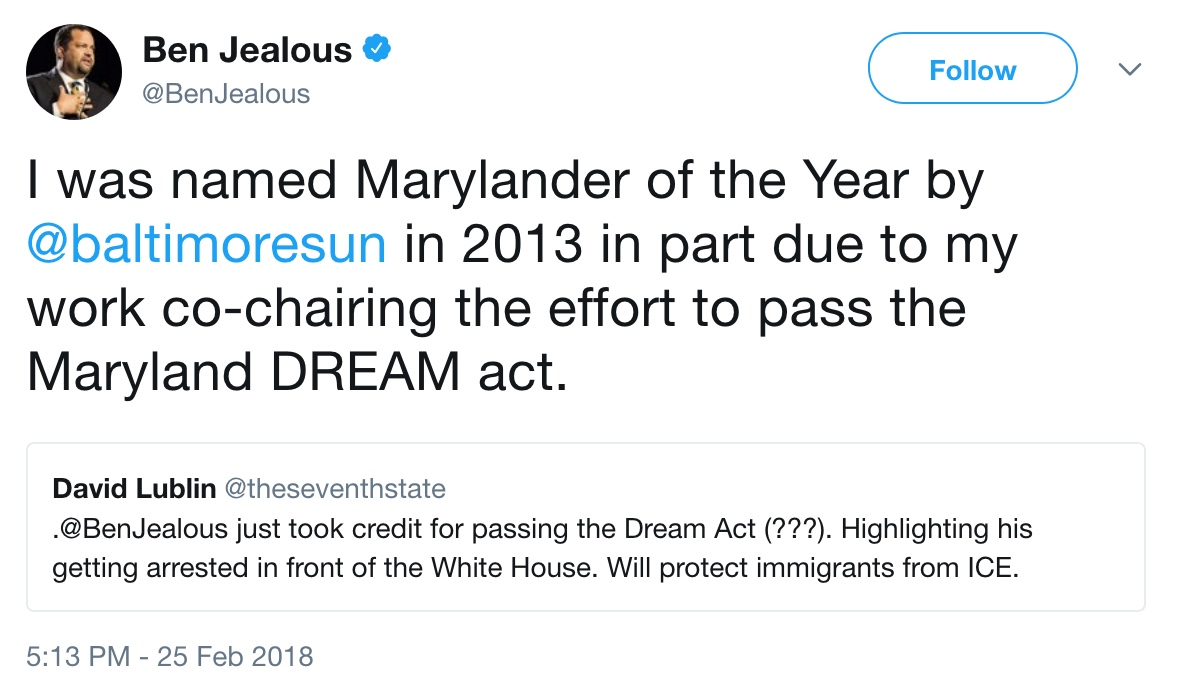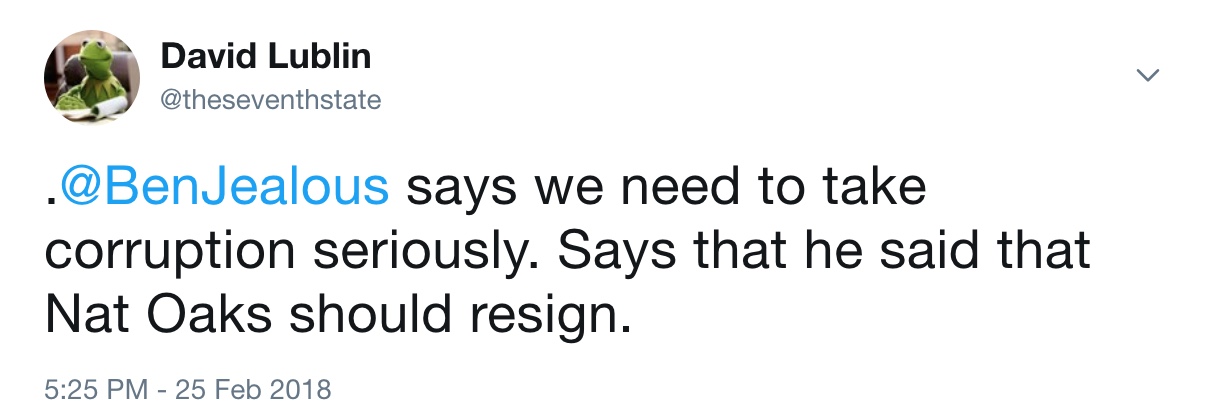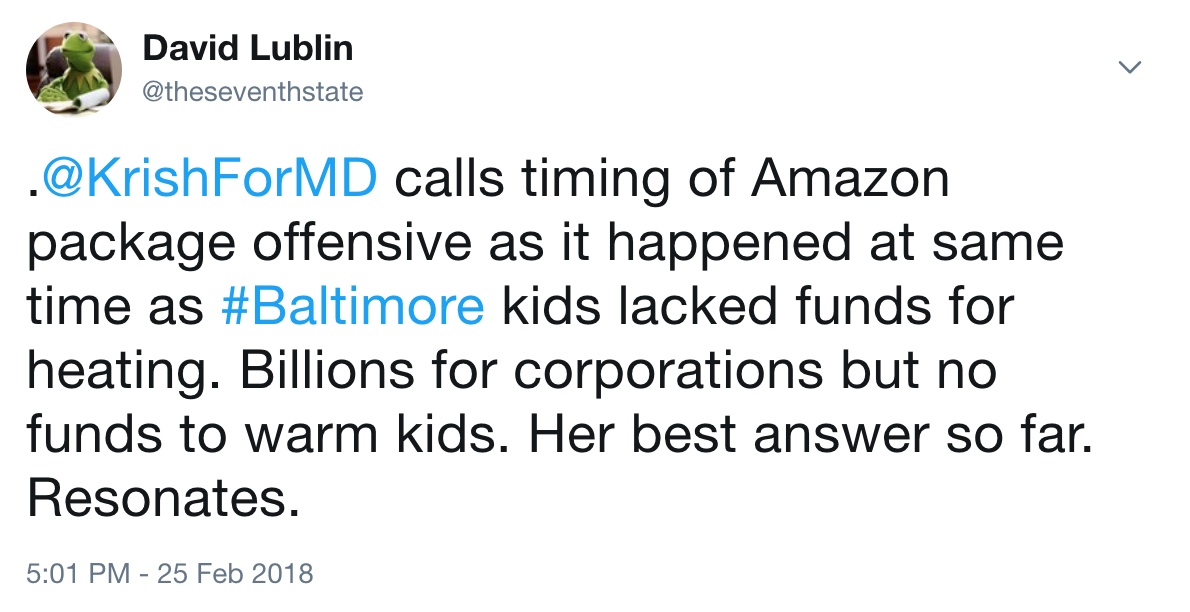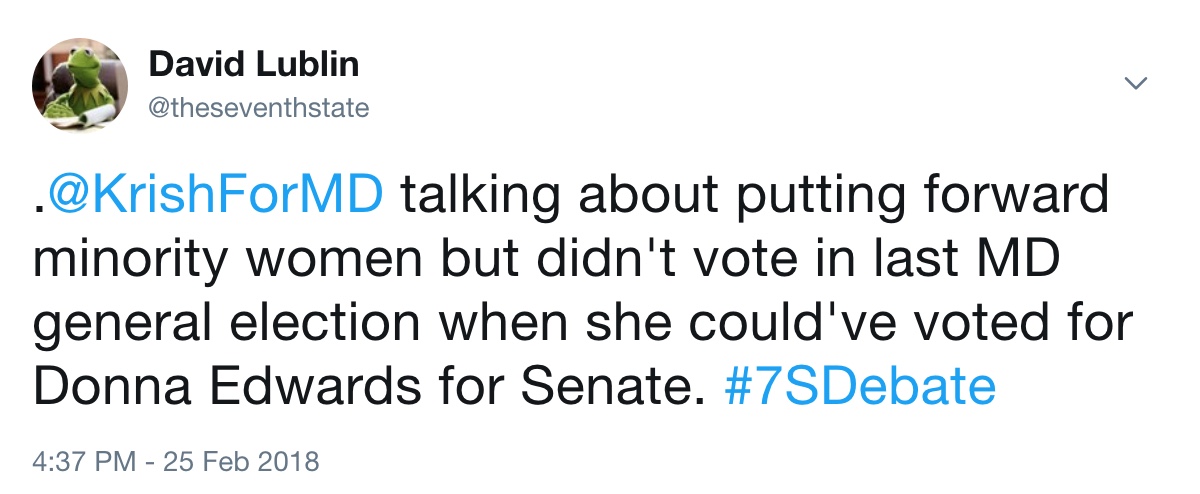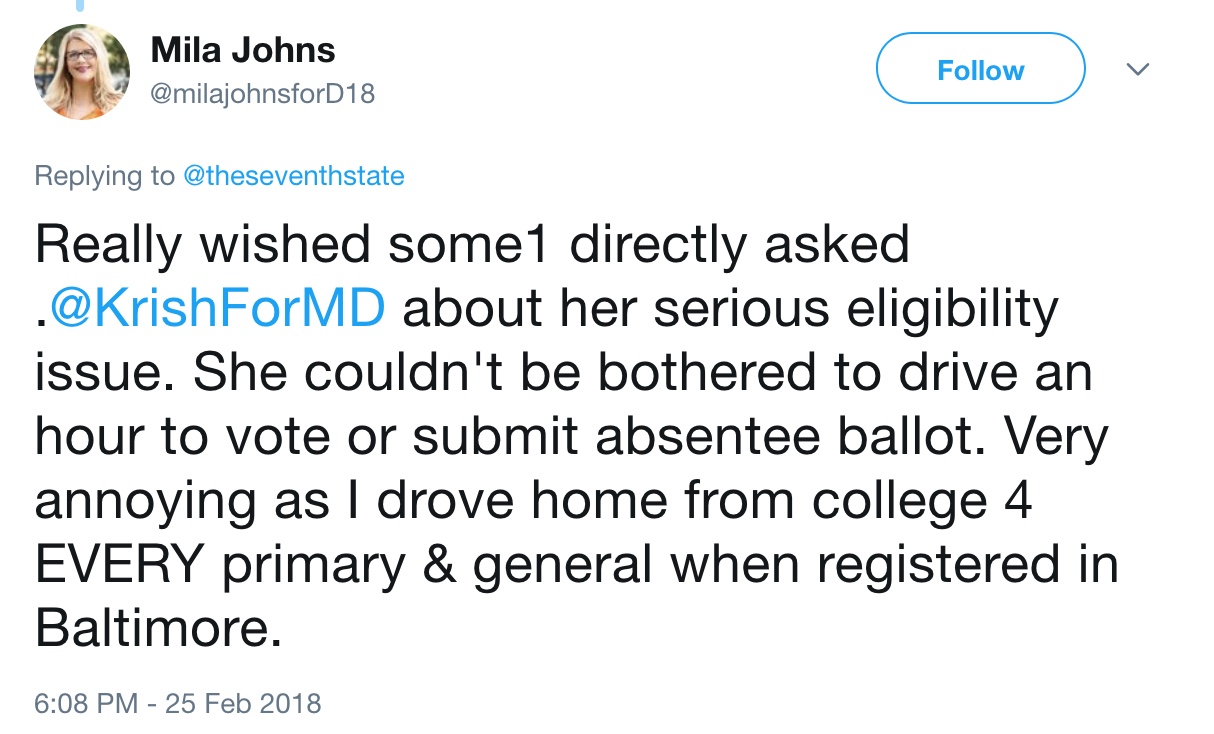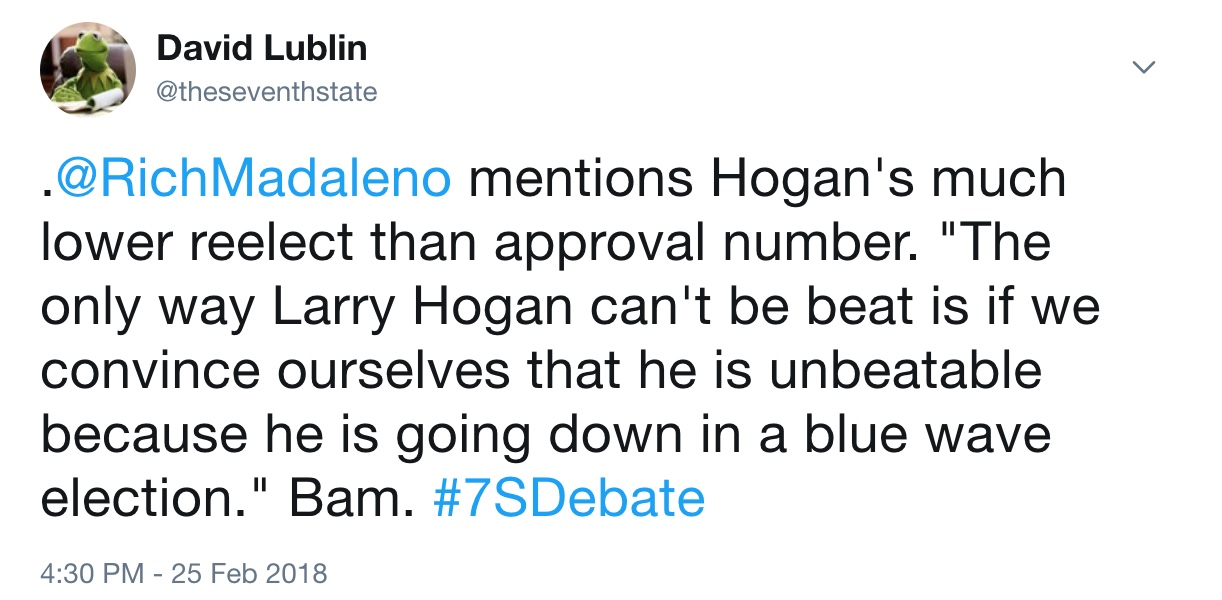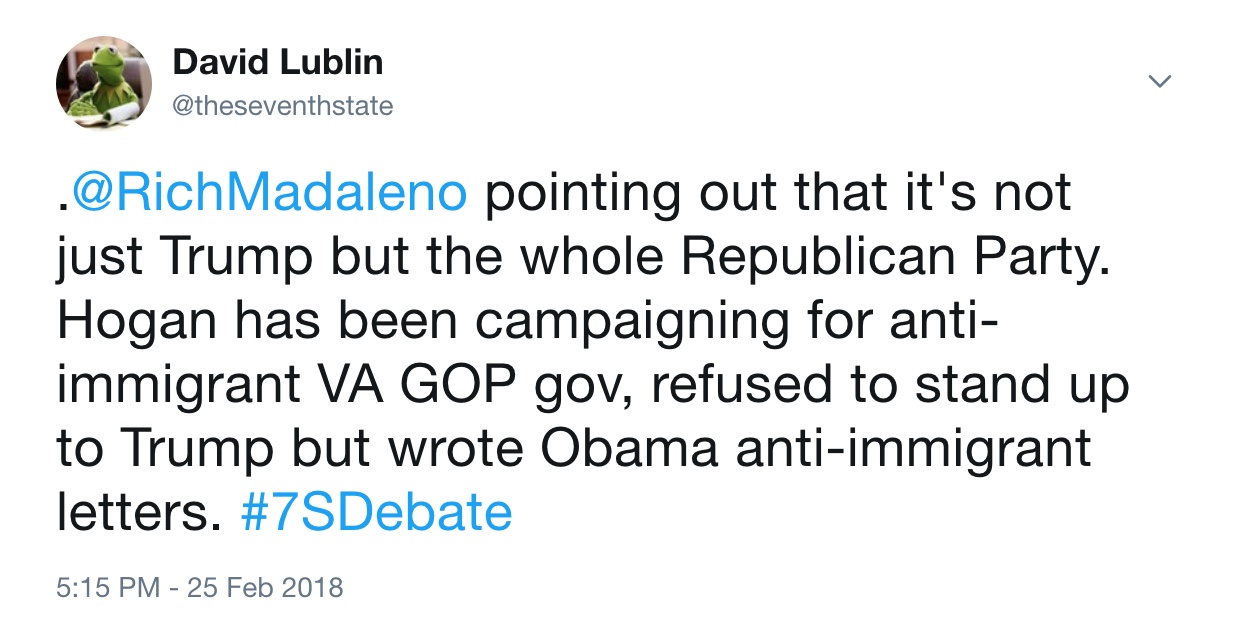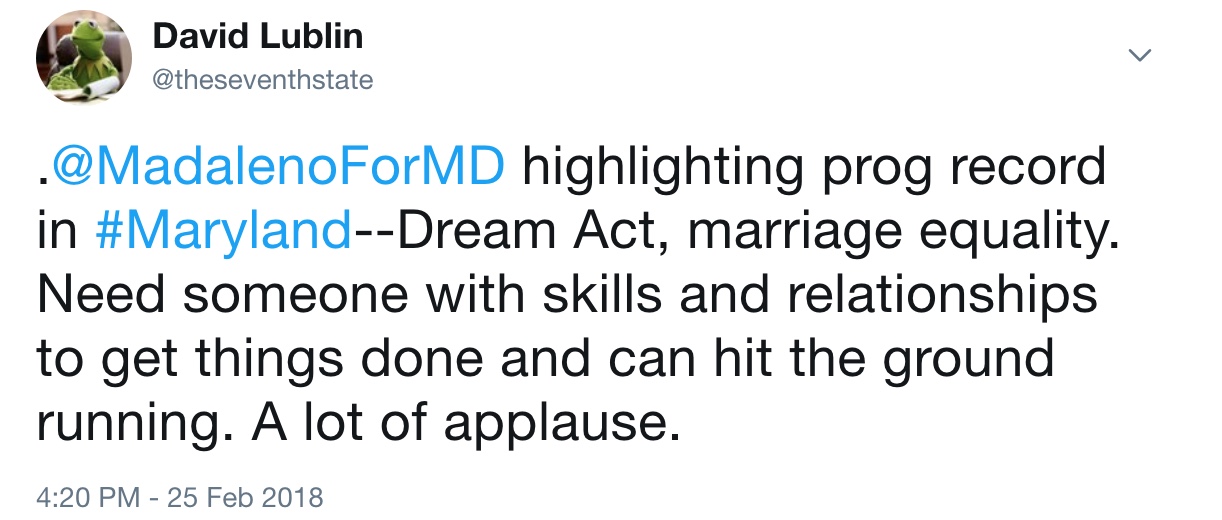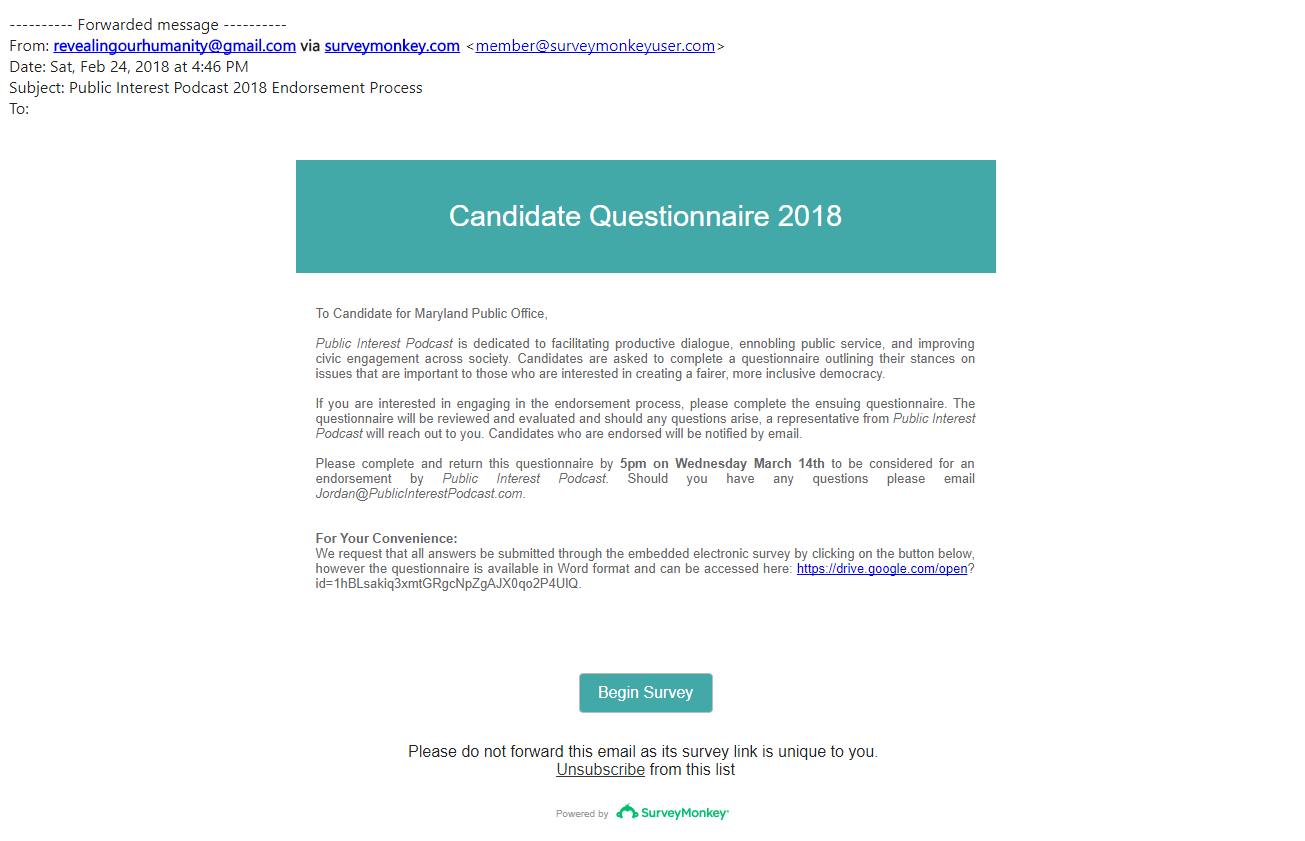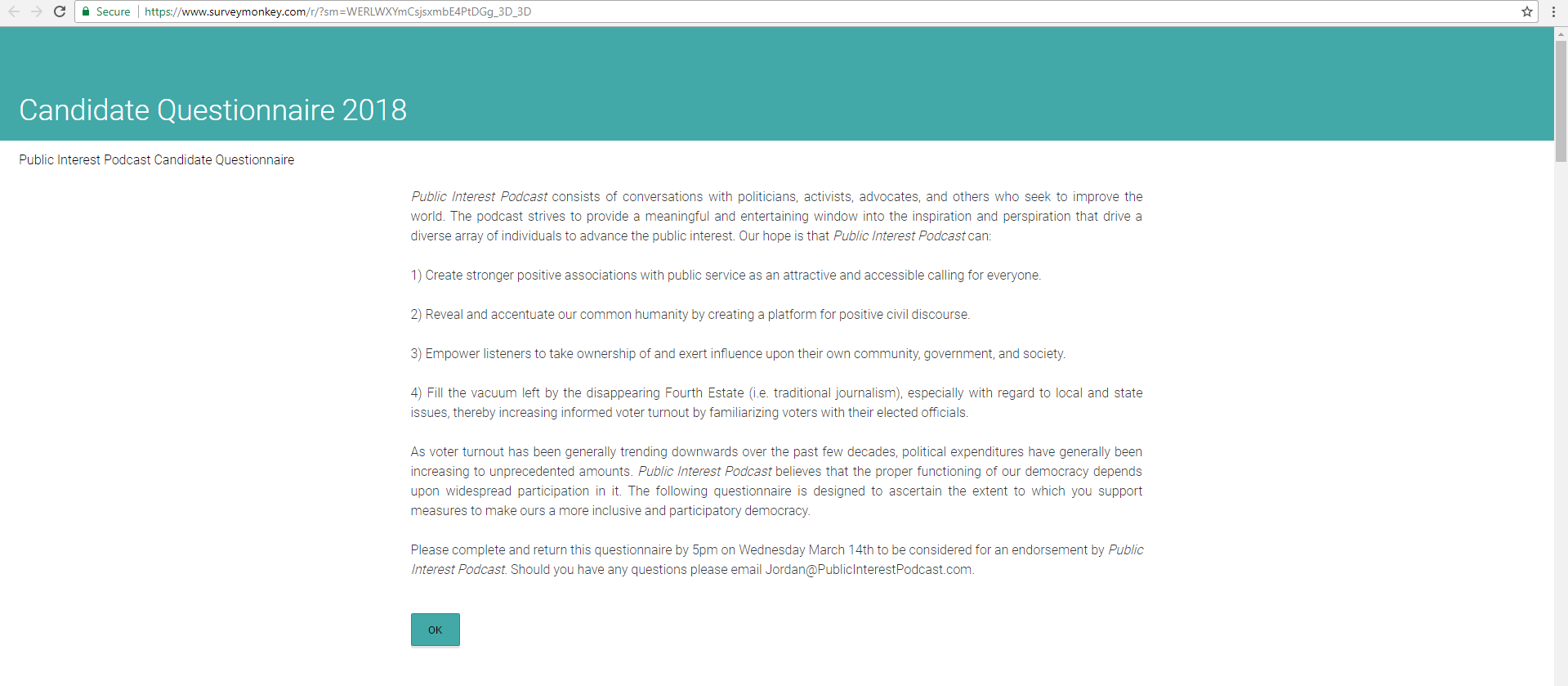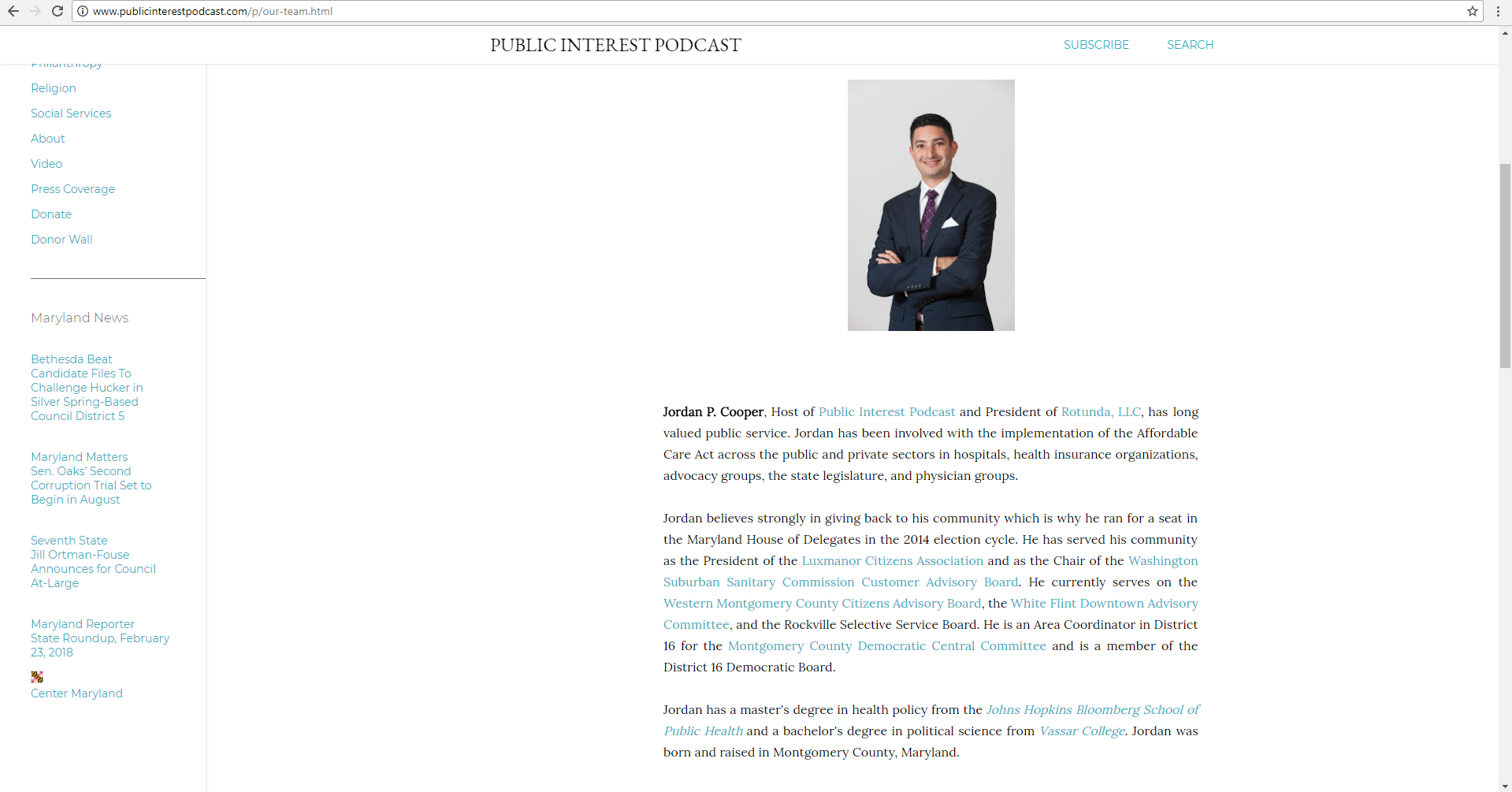The recent county executive debate was fascinating if only for the incoherence brought to it regarding the Purple Line:
Rose Krasnow, deputy director of the county’s planning department and former Democratic Rockville mayor, said the Purple Line “will have wonderful benefits for people along its length. It will raise property values, but it will spur development,” she said. . . .
After Elrich expressed his concern about gentrification that could follow the path of the Purple Line, Leventhal spoke about the benefits the line would bring immigrant workers.
“We should stop frightening people about it, as Mr. Elrich has repeatedly done,” Leventhal said.
“I never said the word ‘destroy’ about the Purple Line,” Elrich responded, noting that his opposition to some of the plans resulted in changes that will preserve hundreds of affordable housing units.
Purple Line advocates have long argued that it will spur new development around Purple Line stations. Indeed, although Metro stops have not resulted in urban nodes similar to Bethesda or Silver Spring near any station in Prince George’s, proponents have faith that the slower moving light-rail Purple Line will nevertheless make it happen.
If they’re correct, the Purple Line will, as Rose Krasnow points out, result in more development and higher property taxes. More generally, if land near Purple Line stations becomes more desirable, its value will increase and so will taxes on it. Generating more tax revenue was a major rationale for the Purple Line.
If a place becomes more desirable and tax rates increase, the cost of renting or buying housing near Purple Line stops will rise and some current residents will find it harder to afford housing. Developers and landlords obviously prefer higher rents — and the Purple Line’s goal is to stimulate investments that will allow them to charge more.
As a result, current residents will gradually be forced out. It can occur when a property is wholly redeveloped so that higher prices can be charged. Alternatively, greater demand will allow landlords to raise rents and sellers to charge more. People who worked hard to buy homes there will gain.
This is not a side effect of the Purple Line. It is the intent of the Purple Line. Indeed, the more successful the Purple Line is achieving economic development, the more it will occur. Notwithstanding all of the social justice blandishments, there is only so much counties can do to stop it.
Nor do they want to do so because they want the tax revenue and it’s the nature of the market. When areas become more desirable, prices rise. This is not meant as an attack on people who leave as abandoning the neighborhood or on people who move in as insensitive gentrification agents. It is simply how the market works.
George Leventhal says “We should stop frightening people about it.” But, as the debate highlighted, change will occur. To the extent that the Purple Line is a transportation boon, and billions are going to be invested towards that end, it will raise prices and drive current residents out, as it has in Bethesda and increasingly in Silver Spring.
There are a variety of policies one can do to increase the availability of affordable housing more generally. But the Purple Line is not one of them. Marc Elrich, an advocate of the Purple Line and more aggressive efforts to preserve affordable housing near Purple Line stops, explained his view in more detail in a blast email yesterday:
To zero in on an important case that came up at the forum, county officials have too often proposed zoning changes that would displace low-income communities of color. In 2012 and 2013, a Long Branch sector plan that included the upzoning of a very large swath of existing affordable multi-family housing – housing occupied largely by Long Branch’s low-income immigrant community – was brought before the County Council. The plan’s architects intended to tie construction of the Purple Line to new, much more expensive housing developments that would replace the existing affordable housing in that area. Even if 15% of the new units were “MPDUs” (moderately priced dwelling units), which was the best-case scenario, there would have been fewer total affordable housing units available in Long Branch if this plan had been implemented – in other words, less available lower-priced housing for people who need it.
Many of the families living in the existing affordable multi-family homes would not have qualified to live in MPDUs. Some had more family members than most MPDUs would have been able to hold (the proposed plan did not require developers to provide family-sized units). Some families had incomes too low or credit histories too short to qualify. For others, legal status would have been their chief barrier. In addition, the county did not have the resources to provide long-term rental assistance on the scale that would have been required in Long Branch.
In other words, under the Planning Board’s proposal, the current low-income immigrants in Long Branch would have been forced to relocate elsewhere. Since the existing buildings weren’t even an impediment to building the Purple Line, the Planning Board’s recommendations were particularly ill-advised.
When I met with planning staff and their director at the Long Branch shopping center, I told them – forcefully – that their plan was unacceptable.
I am happy to note that, within a week of my meeting, the proposal to rezone the particular properties I had questioned was withdrawn. I was also able to get results when the same process unfolded in two more sector plans and a proposal from the Planning Board to do a mini master plan. But these plans should never have been proposed in the first place. I am convinced they never would have been if we had a racial equity lens in place and were required to show the impacts such plans would have had on the surrounding communities of color.
I’ve been the consistent voice on the County Council speaking out on these issues because I know what the consequences will be if we fail to preserve our existing affordable housing. And as your next County Executive, I would like to make the consideration of racial equity the expectation in all of our policymaking, rather than the exception to the rule.
Put another way, the question is essentially how much power is county government willing to exercise over developers both in terms of what they can do and what they have to pay. However, it’s also a question of how much tax revenue the county is willing to sacrifice. Happy talk is not the same as action or making the best of not-so-easy choices.

